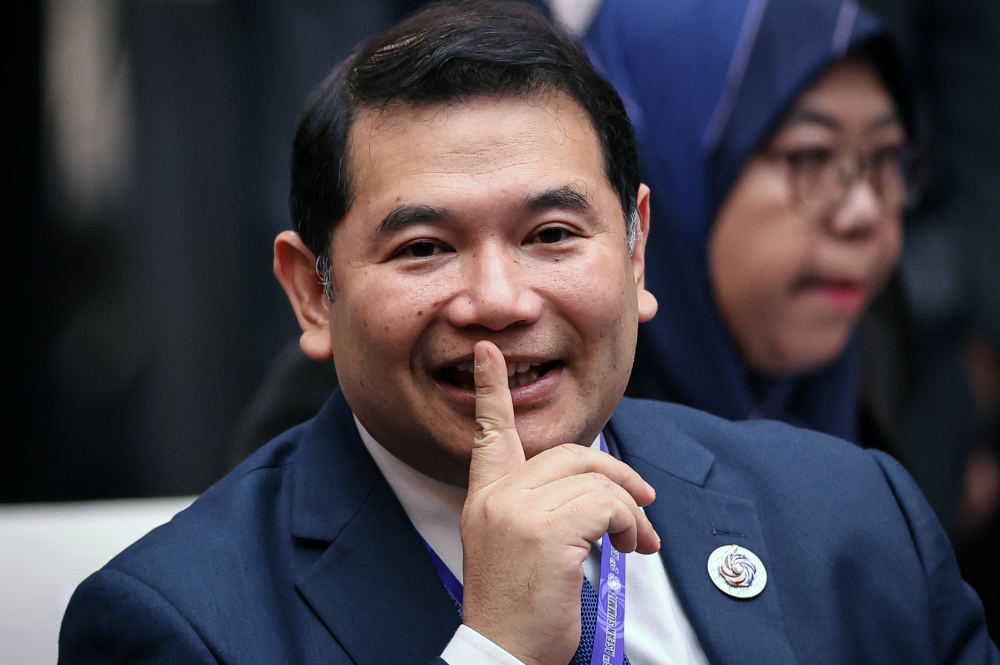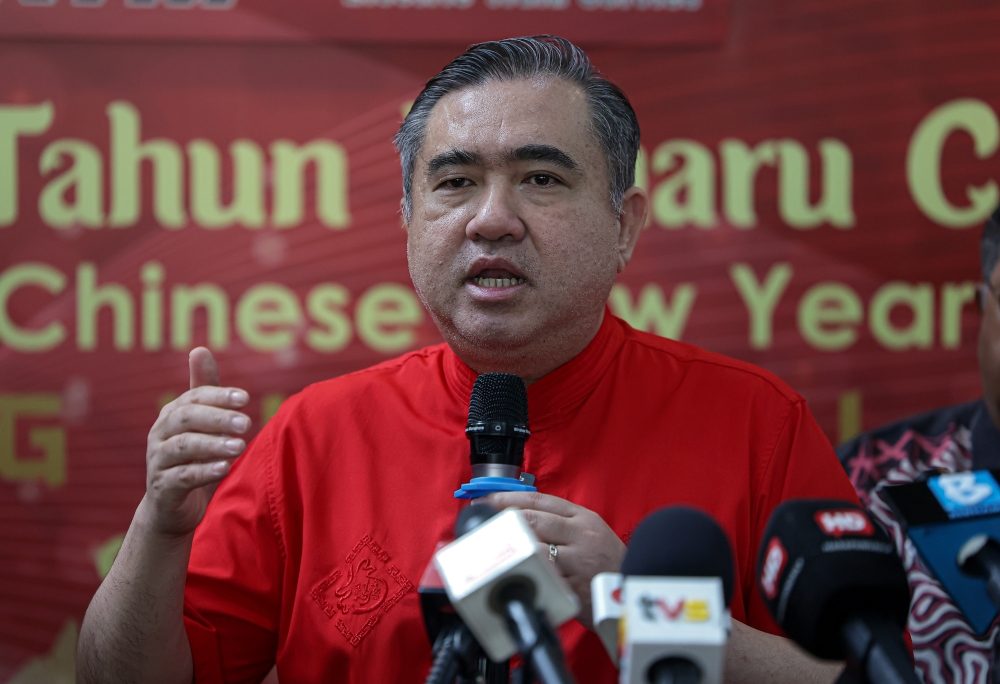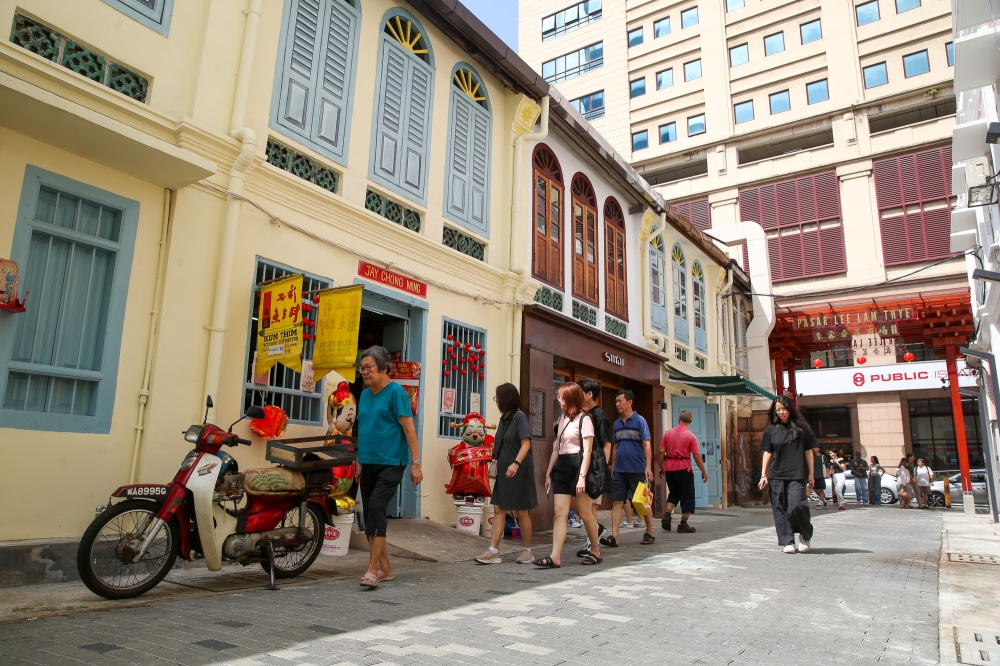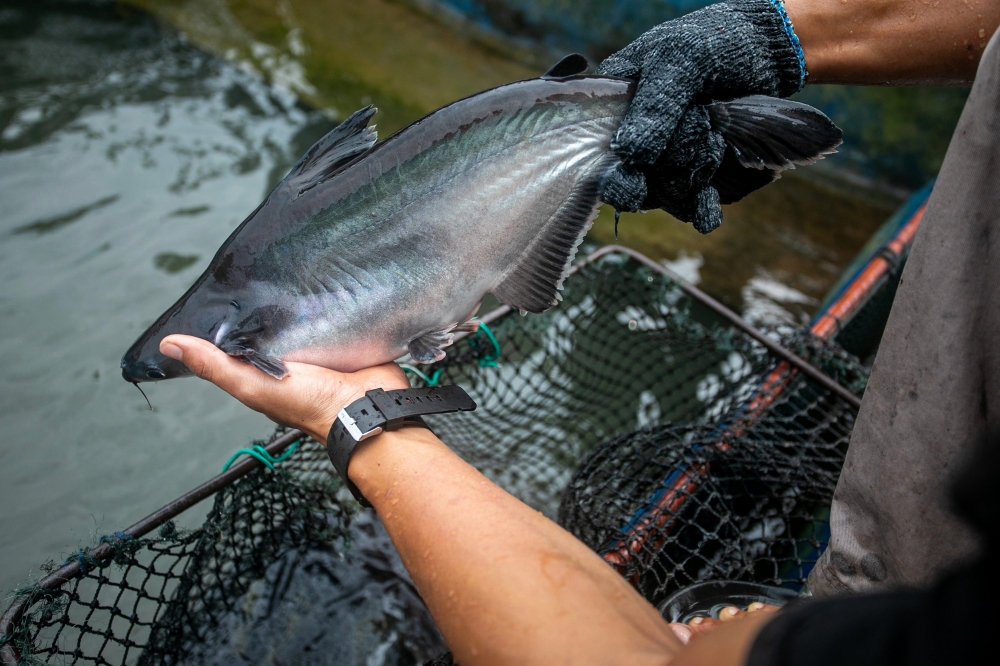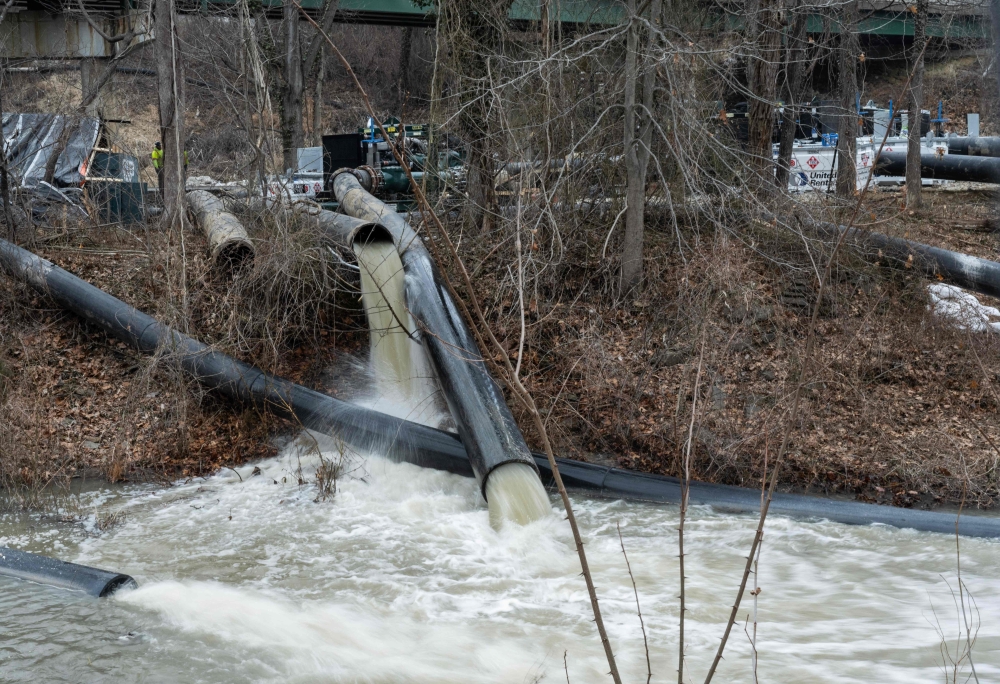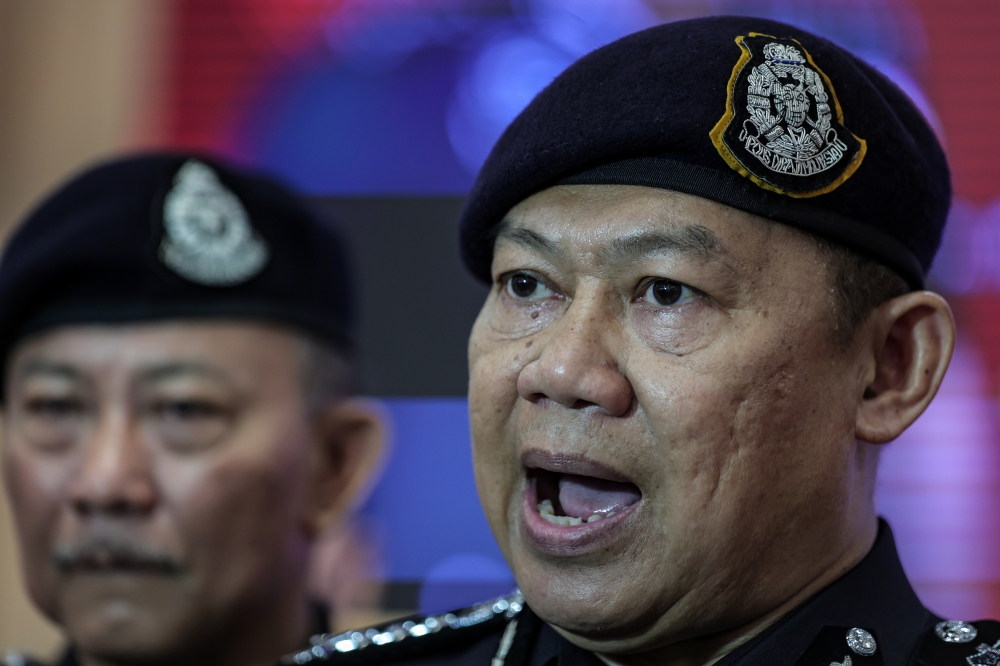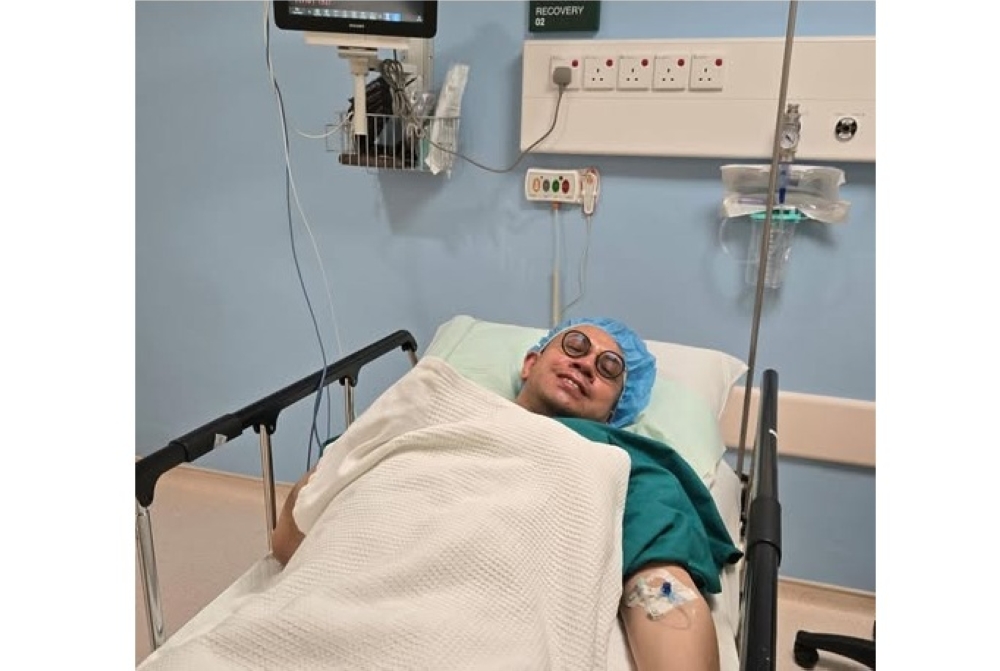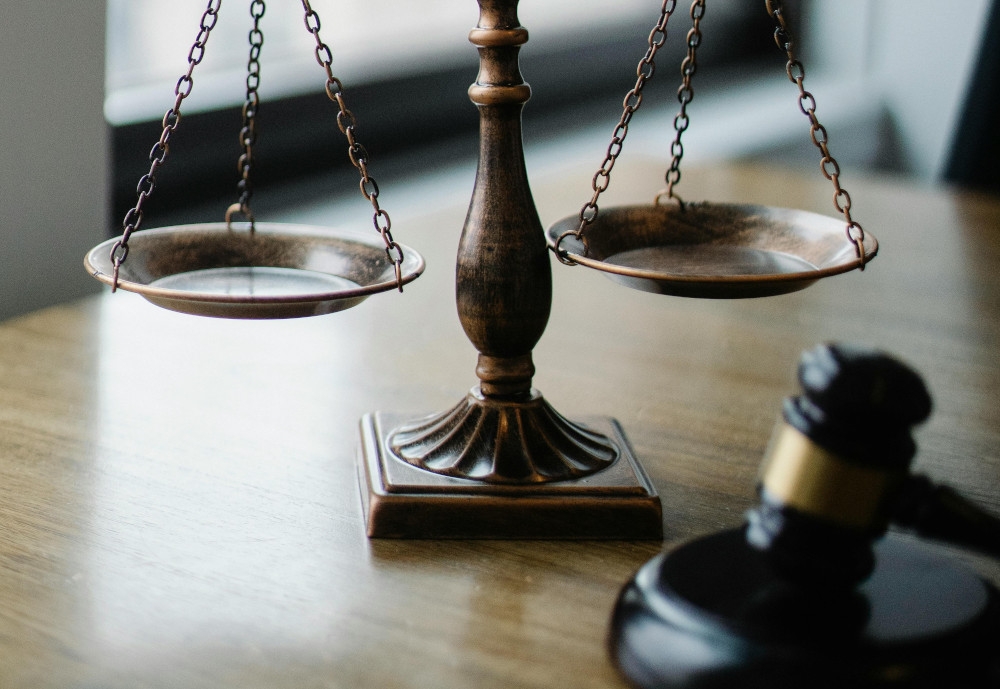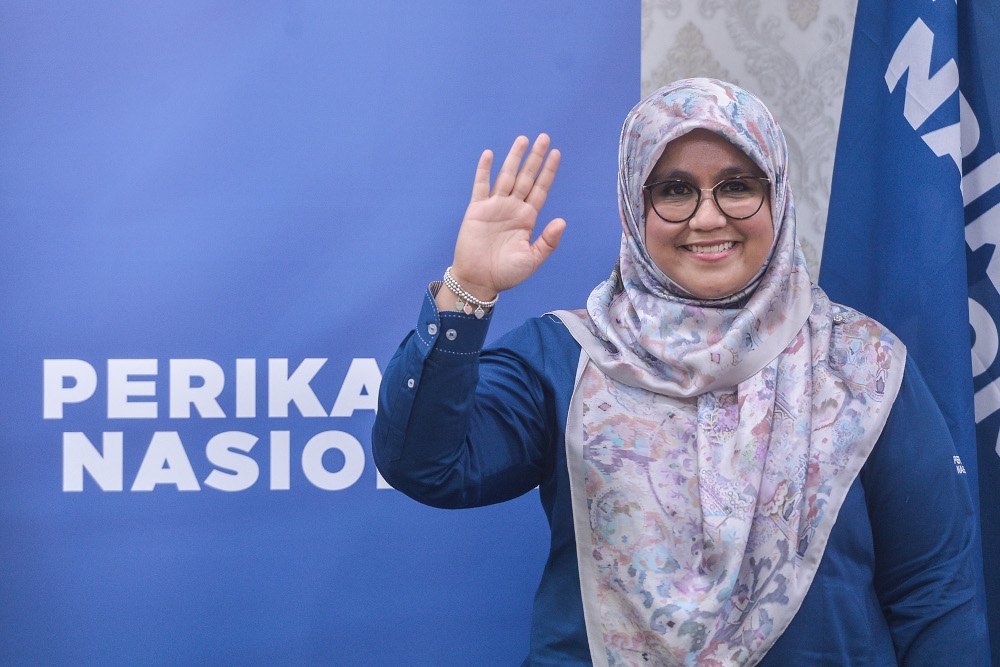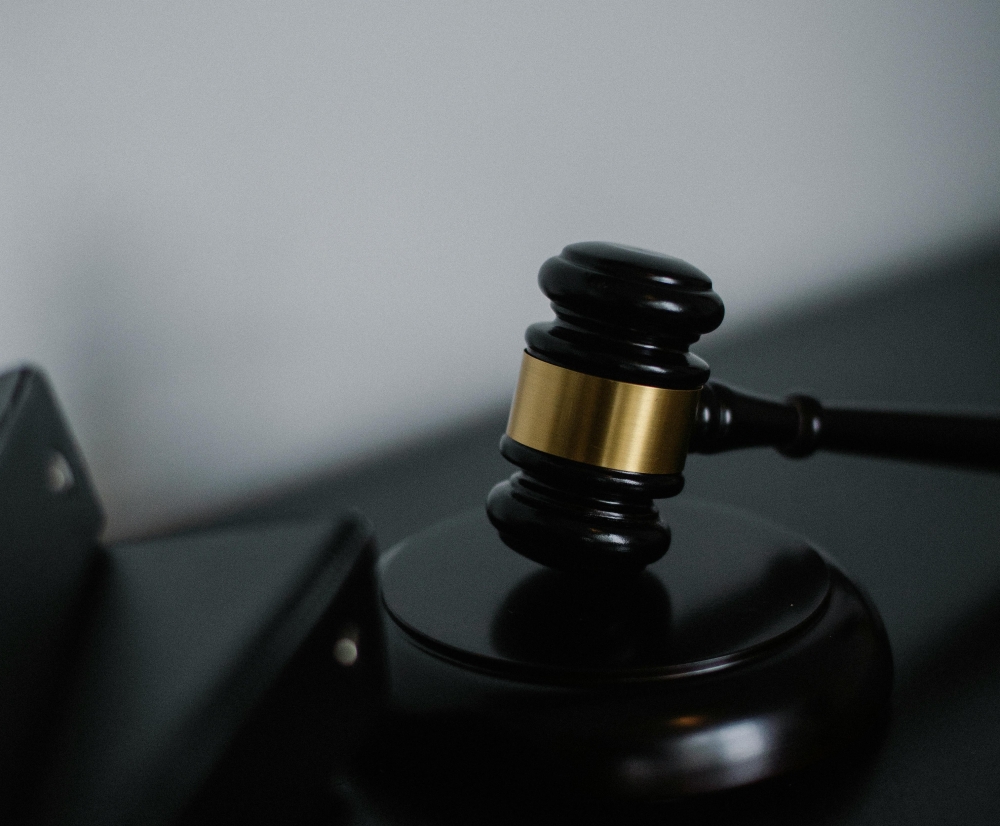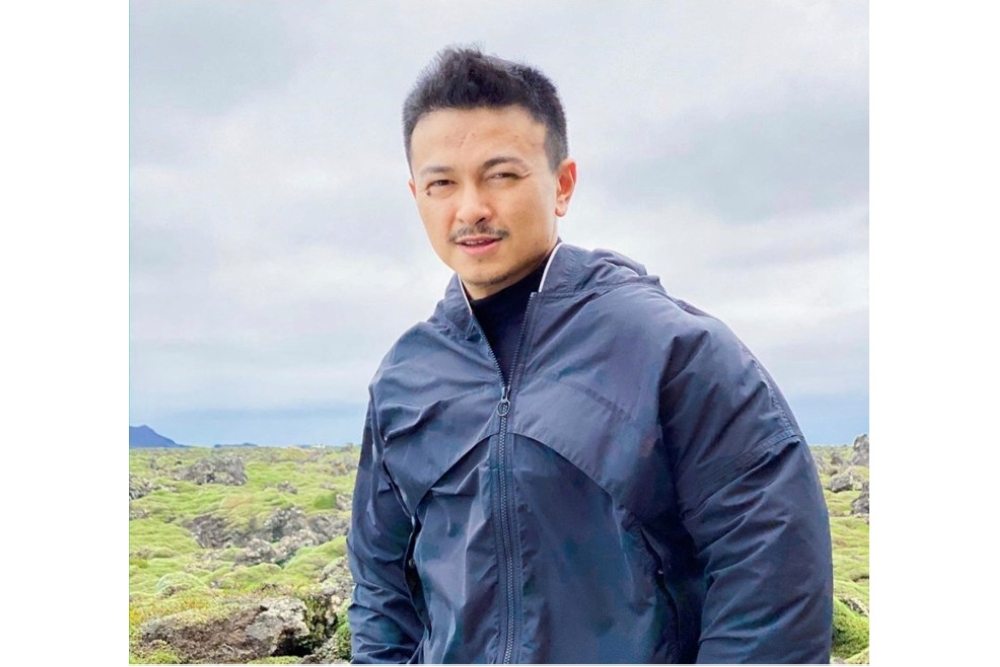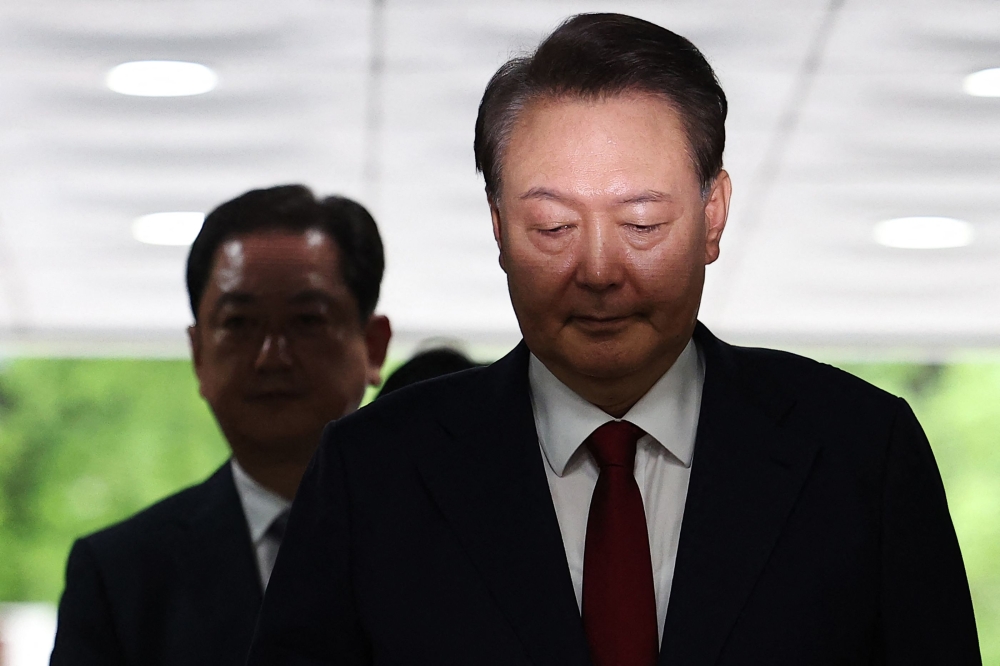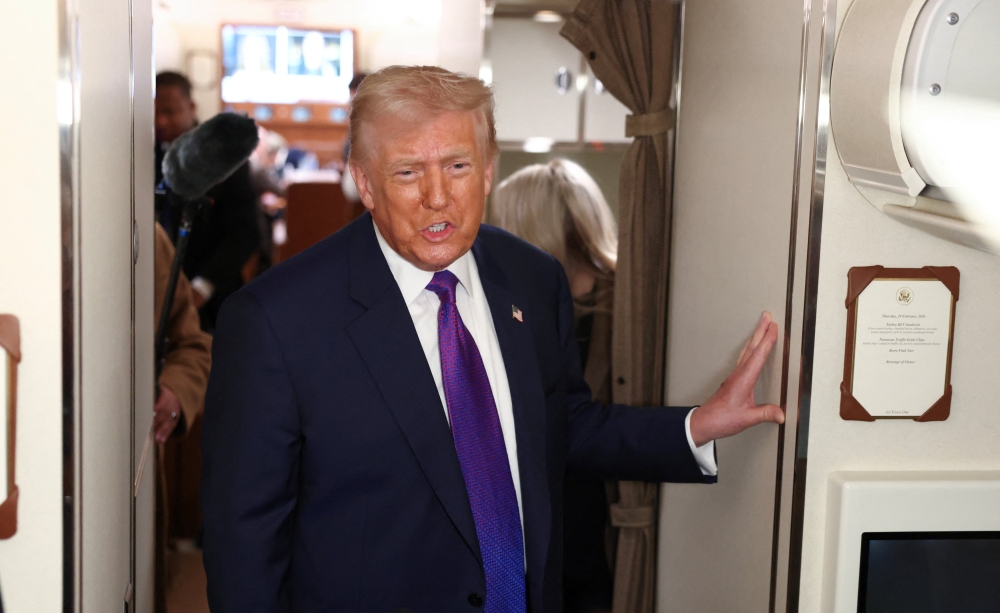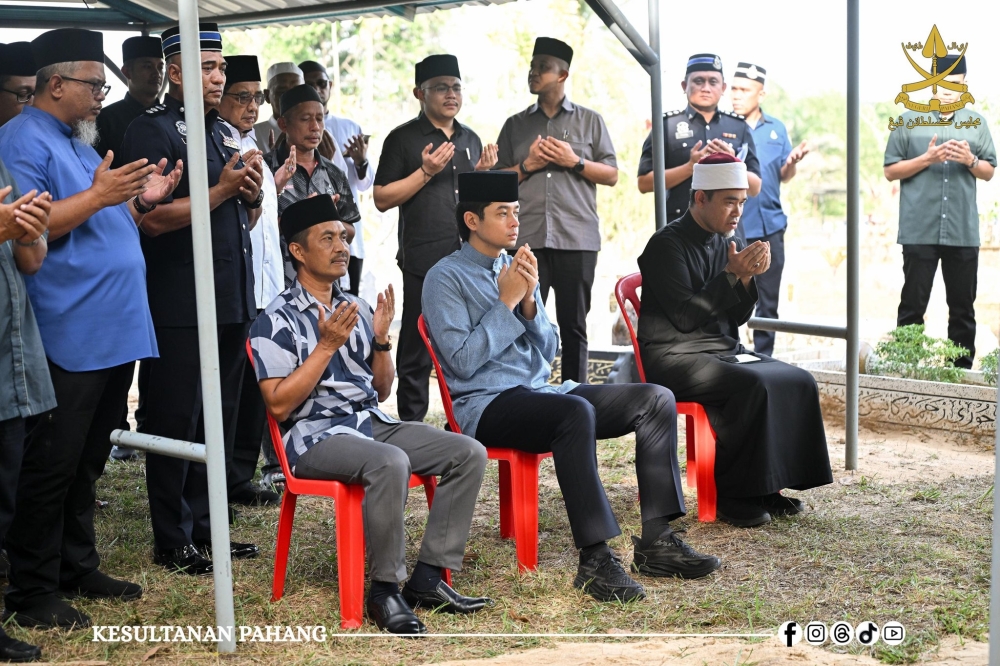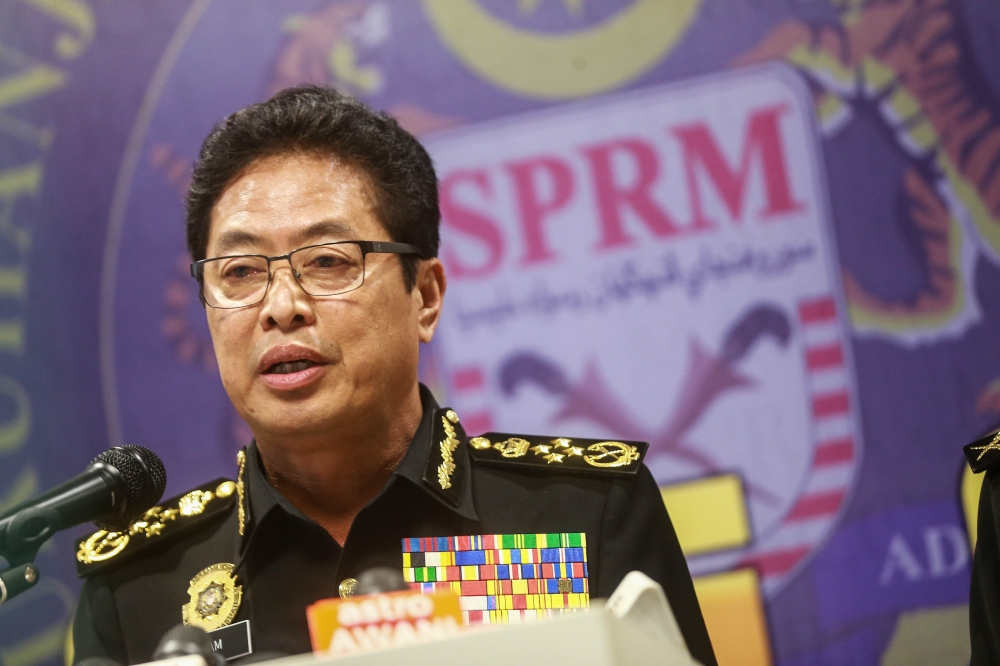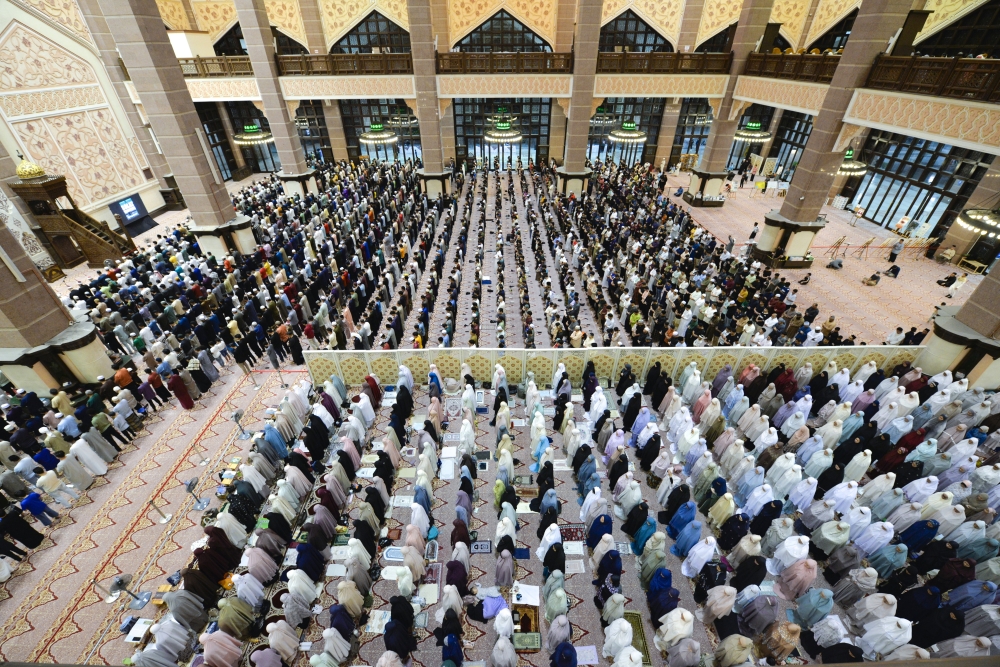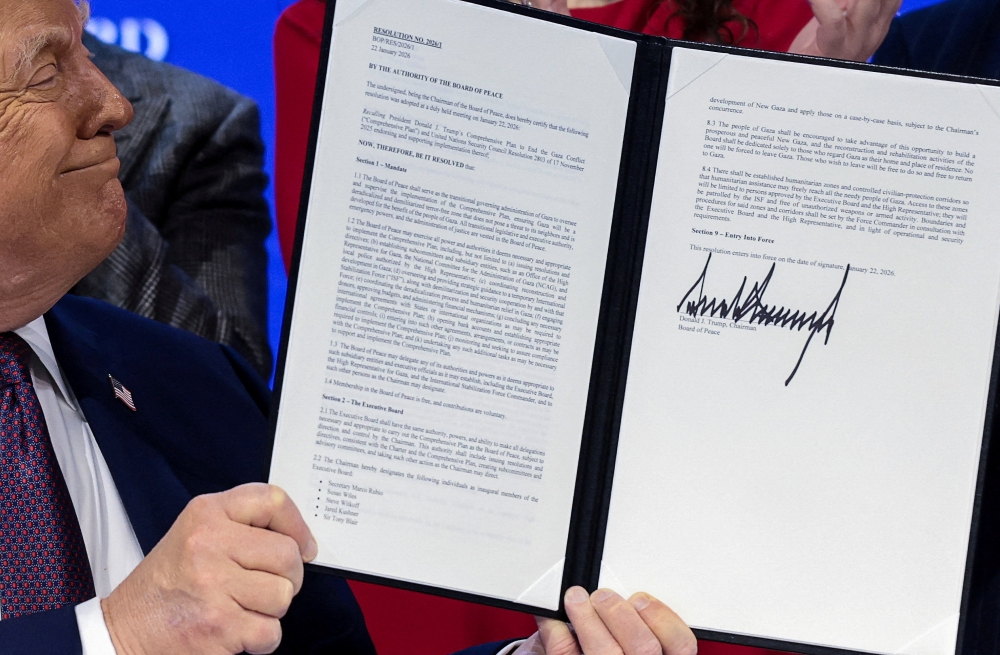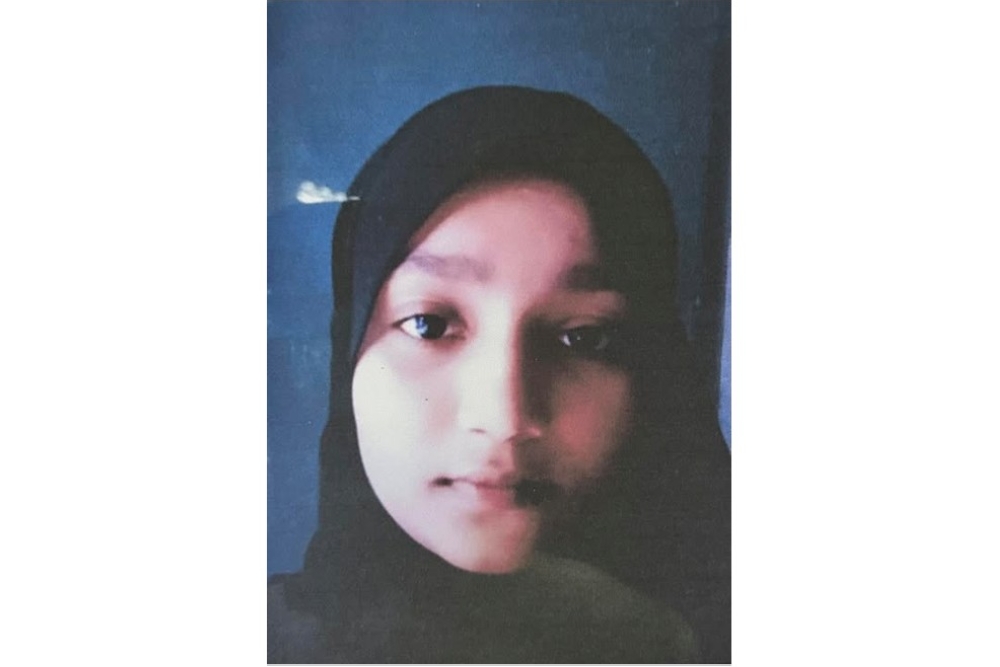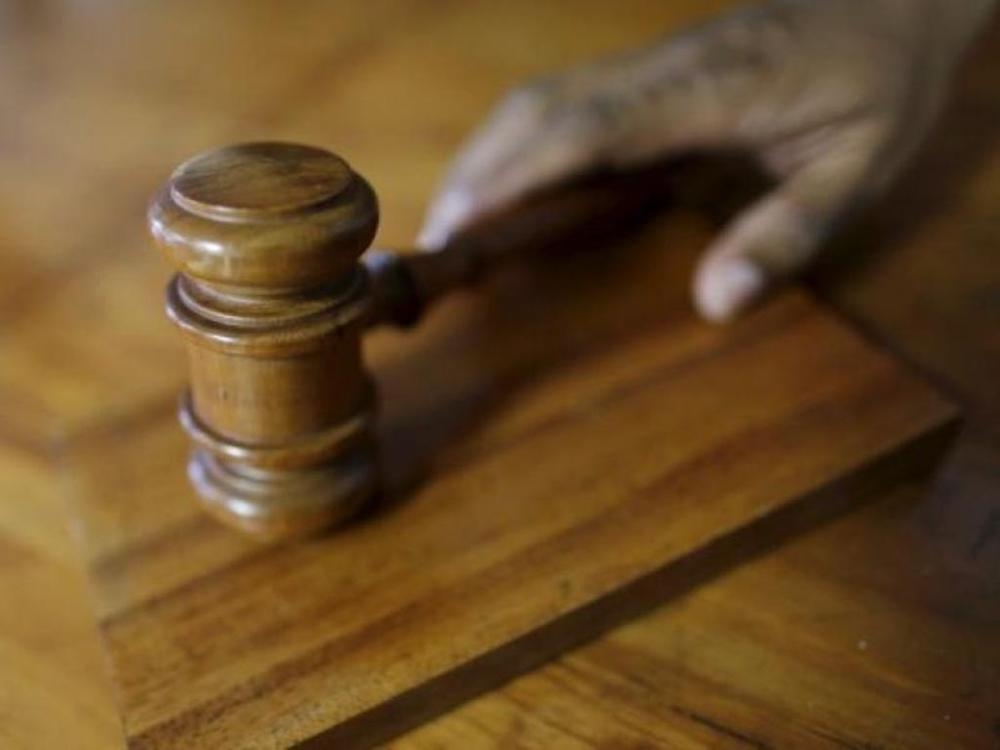MARCH 19 — Malaysia is experiencing exponential growth of the Covid-19 pandemic. We have seen excellent leadership from the Ministry of Health, especially by the Director-General of Health Datuk Dr Noor Hisham Abdullah in handling the outbreak. The Movement Restriction Order is welcomed in efforts to flatten the growth curve. However, immediate efforts are needed to increase outreach and communication to some of the most vulnerable communities, including refugees and undocumented migrants, who face specific barriers to accessing health services in the country.
Widespread person-to-person transmission in the community
The vast majority of new positive cases of Covid-19 are among participants of the Ijtima Tabligh gathering at the Sri Petaling Mosque that was held from February 27 to March 1. The Ministry of Health (MOH) has sent a clear message to attendees of the event to come forward for Covid-19 testing and is working around the clock to trace all participants. It is reported that up to 16,000 people attended the event. As of March 16, 8,776 participants have been tested. As of March 17, there have been 433 participants tested positive for Covid-19, with one fatality. It has also emerged that a small number of refugees and migrants also attended the Tabligh gathering. While considerable measures are being taken by MOH to trace attendees from refugee and migrant communities, this cannot be the responsibility of the MOH alone, and requires support from other ministries and civil society groups. Ultimately, providing urgent detection, testing, and appropriate and accessible care is essential.
Migration and inequality
Refugees and migrants are particularly vulnerable populations, often forced to live in cramped conditions with poor sanitation, challenges to healthcare access, obstacles to reliable information, and a precarious legal standing that restricts their contact with the authorities. Refugees and migrants may also be more vulnerable due to poor nutrition or lack of vaccination. Furthermore, lack of awareness of basic hygiene practices, prevention methods, and health education will lead to an exponential increase of cases in a short period of time.
Universal health coverage for refugees and migrants
For the benefit of all, we must recognise and mitigate the many factors that discourage refugees and undocumented migrants from voluntarily accessing medical services. Primarily, these communities fear the risk of arrest and detention when seeking medical care at government hospitals, as has happened in the past due to criminalisation and stigma based on their legal status and lack of documentation. Refugees must be confident that accessing healthcare will not place them at greater risk, and that in coming forward, they are carrying out responsibility to protect citizens of their host country.
Another critical consideration is healthcare can be prohibitively expensive. Malaysian citizens access outpatient services at public hospitals for a minimal fee, while foreigners pay at least 15 times that rate. Refugees and asylum seekers with documents issued by the United Nations High Commissioner for Refugees (UNHCR) receive a 50 per cent discount off the foreigners’ rate, but with minimal earnings, the cost is still preventatively high for them. Many refugees and migrants are casual workers paid on a daily rate, lost income from taking time off work would further prevent them from seeking healthcare. While the MOH took the right step in issuing a circular stating that all foreigners with symptoms will be exempted from foreigners fees and receive tests and all positive cases will receive treatment for free regardless of nationality, this information is not yet widely known within refugee and migrant communities.
Immediate whole-of-society measures needed
The Government must act quickly and decisively to impose special protective measures to support refugee and migrant communities in its bid to curb the spread of Covid-19. Firstly, the Government must respect the right to health of all individuals by removing barriers that will prevent non-citizens from accessing healthcare services. Testing and treatment for Covid-19 must remain free for all citizens and foreigners alike regardless of their legal status. Information on this policy must be circulated widely in the native languages of refugee and migrant communities, particularly Burmese, Rohingya, Bengali, Arabic, Farsi, Somali and Nepalese, through the channels of communication that these groups utilise. In order to ensure effective health education, the Government should work closely with non-governmental organisations (NGOs), UNHCR, places of worship, refugee and migrant community-based organisations, and employers to develop and disseminate health education in the native languages of refugees and migrants. NGO mobile clinics should be permitted by the Government to continue operations during the Movement Restriction Order period. The Government should ensure that employers respect the rights of workers and provide paid sick leave for their refugee and migrant employees.
Close coordination and alignment are required between the Ministry of Health and the Ministry of Home Affairs. Heavy-handed approaches that penalise communities would further discourage refugees and migrants from accessing health services, putting them, their families and communities, and the greater Malaysian public at risk. For example, immigration raids would cause the community to retreat further into hiding. The best approach would be to build trust and work in partnership with refugee and migrant communities to manage the crisis. An immediate halt to all immigration raids and an amnesty from arrest, detention and deportation due to immigration offences should be declared to encourage undocumented migrants with Covid-19 symptoms to approach healthcare centres for testing. The Government should also initiate a plan of action to prevent and detect outbreak at immigration detention centres.
In the longer term, the Government should ensure that laws and policies respect every individual’s right to health regardless of their immigration status. The Government should develop a legal framework for refugees to provide documentation, that would also make it easier for the Government to trace communities, and enable access to basic services such as education, health and employment. Covid-19 has underlined the necessity of a robust refugee policy to enable the Government to include this vulnerable population in management of public health and safety. Ultimately, we must realise that the only way Malaysia will overcome this pandemic is through an approach that engages and addresses all members of our society. In the words of Mahatma Gandhi, “the true measure of any society can be found in how it treats its most vulnerable members”.
* Tan Sri Dr Jemilah Mahmood is Under Secretary General for Partnerships of the International Federation of Red Cross and Red Crescent Societies (IFRC) and the founder of Mercy Malaysia.
** Datuk Seri Diraja Tan Sri Tunku Puteri Intan Safinaz Binti Almarhum Sultan Abdul Halim Mu’adzam Shah, Tunku Temenggong Kedah, is the National Chairman of the Malaysian Red Crescent.
*** Lilianne Fan is the Co-Founder and International Director of Geutanyoe Foundation and the Chair of the Rohingya Working Group at the Asia Pacific Refugee Rights Network (APRRN).
**** This is the personal opinion of the writer or publication and does not necessarily represent the views of Malay Mail.

